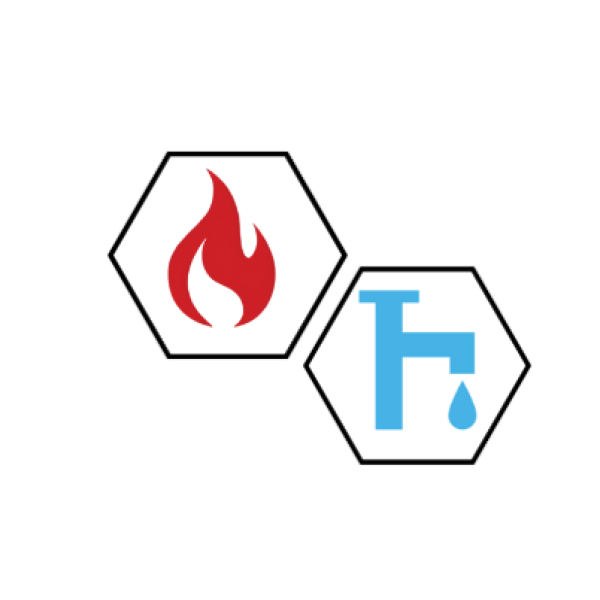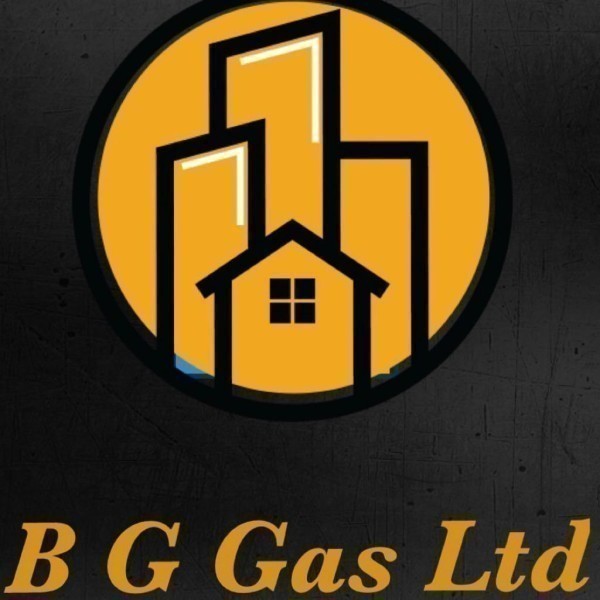Understanding the Role of Boiler/Heating Engineers in Mossley
Boiler and heating engineers play a crucial role in ensuring the comfort and safety of homes and businesses in Mossley. These skilled professionals are responsible for installing, maintaining, and repairing heating systems, which are essential for providing warmth and hot water. In this article, we'll delve into the various aspects of their work, the importance of their services, and how to choose the right engineer for your needs.
The Importance of Boiler and Heating Systems
Boiler and heating systems are the heart of any building's comfort. They provide the necessary warmth during cold months and ensure a steady supply of hot water. Without these systems, daily activities such as bathing, cooking, and cleaning would become challenging, especially in a place like Mossley, where temperatures can drop significantly.
Types of Heating Systems
- Central Heating Systems: These systems distribute heat from a central point to various rooms in a building. They can be powered by gas, oil, or electricity.
- Combi Boilers: A popular choice for many homes, combi boilers provide both heating and hot water without the need for a separate water tank.
- System Boilers: These boilers require a cylinder for storing hot water but no water tank, making them ideal for homes with limited space.
- Conventional Boilers: Also known as regular boilers, these are suitable for homes with traditional heating systems and high hot water demand.
What Do Boiler/Heating Engineers Do?
Boiler/heating engineers in Mossley are responsible for a wide range of tasks. Their expertise ensures that heating systems operate efficiently and safely. Here are some of their primary responsibilities:
Installation of Heating Systems
Installing a new heating system is a complex task that requires precision and expertise. Engineers assess the building's needs, recommend suitable systems, and ensure proper installation to maximise efficiency and safety.
Routine Maintenance and Servicing
Regular maintenance is vital for the longevity and efficiency of heating systems. Engineers perform routine checks, clean components, and replace worn-out parts to prevent breakdowns and ensure optimal performance.
Repair and Troubleshooting
When heating systems malfunction, engineers diagnose the issue and carry out necessary repairs. Their expertise allows them to quickly identify problems and implement effective solutions, minimising downtime and inconvenience.
Qualifications and Skills of Boiler/Heating Engineers
Boiler/heating engineers in Mossley must possess a combination of technical skills and formal qualifications to perform their duties effectively. Here are some key qualifications and skills they should have:
Formal Qualifications
- Gas Safe Registration: Engineers working with gas appliances must be registered with Gas Safe, ensuring they meet industry safety standards.
- NVQ or Diploma in Plumbing and Heating: These qualifications provide the foundational knowledge and skills required for the profession.
- Apprenticeships: Many engineers start their careers through apprenticeships, gaining hands-on experience under the guidance of experienced professionals.
Essential Skills
- Problem-Solving: Engineers must be able to diagnose issues quickly and develop effective solutions.
- Attention to Detail: Precision is crucial in ensuring systems are installed and maintained correctly.
- Communication: Engineers need to explain technical information clearly to clients and work effectively with team members.
Choosing the Right Boiler/Heating Engineer in Mossley
Selecting the right engineer is essential for ensuring your heating system's efficiency and safety. Here are some tips to help you make an informed decision:
Check Qualifications and Experience
Ensure the engineer is Gas Safe registered and has relevant qualifications. Experience in the field is also crucial, as it indicates their ability to handle various heating systems and issues.
Read Reviews and Testimonials
Customer reviews and testimonials provide insight into the engineer's reliability and quality of work. Look for consistent positive feedback and any recurring issues mentioned by previous clients.
Request Quotes and Compare Prices
Obtain quotes from multiple engineers to compare prices and services offered. While cost is a factor, prioritise quality and expertise to avoid future issues and additional expenses.
The Benefits of Regular Heating System Maintenance
Regular maintenance of heating systems offers numerous benefits, ensuring they operate efficiently and safely. Here are some advantages of scheduling routine maintenance:
Improved Efficiency
Well-maintained systems operate more efficiently, reducing energy consumption and lowering utility bills. Engineers clean components and optimise settings to enhance performance.
Extended Lifespan
Routine maintenance helps identify and address minor issues before they escalate, prolonging the lifespan of the heating system and delaying the need for costly replacements.
Enhanced Safety
Regular checks ensure that systems operate safely, reducing the risk of gas leaks, carbon monoxide poisoning, and other hazards. Engineers inspect safety features and make necessary adjustments.
Common Heating System Issues and Solutions
Heating systems can encounter various issues, affecting their performance and reliability. Here are some common problems and their solutions:
No Heat or Hot Water
This issue can result from a faulty thermostat, broken diaphragm, or airlock. Engineers diagnose the problem and replace or repair the faulty components to restore functionality.
Leaking and Dripping
Leaks can occur due to corroded pipes, faulty pressure valves, or damaged seals. Engineers identify the source of the leak and carry out necessary repairs to prevent further damage.
Strange Noises
Unusual noises, such as banging or whistling, may indicate air in the system, low water pressure, or a faulty pump. Engineers assess the system and take corrective measures to eliminate the noise.
Environmental Impact of Heating Systems
Heating systems contribute to energy consumption and environmental impact. Understanding their effects and adopting eco-friendly practices can help reduce their footprint:
Energy Consumption
Heating systems account for a significant portion of energy use in buildings. Efficient systems and regular maintenance can reduce energy consumption and lower carbon emissions.
Eco-Friendly Alternatives
- Heat Pumps: These systems use renewable energy sources to provide heating, reducing reliance on fossil fuels.
- Solar Thermal Systems: Solar panels capture sunlight to heat water, offering a sustainable alternative to traditional systems.
Future Trends in Heating Technology
The heating industry is evolving, with new technologies and innovations shaping the future of heating systems. Here are some trends to watch:
Smart Heating Systems
Smart systems allow users to control heating remotely via smartphones or tablets, optimising energy use and enhancing convenience.
Hydrogen Boilers
Hydrogen boilers offer a low-carbon alternative to traditional gas boilers, using hydrogen as a clean energy source.
Frequently Asked Questions
- What qualifications should a boiler/heating engineer have? Engineers should be Gas Safe registered and hold relevant qualifications, such as an NVQ or diploma in plumbing and heating.
- How often should I service my heating system? It's recommended to service your heating system annually to ensure optimal performance and safety.
- What are the signs of a faulty heating system? Common signs include no heat or hot water, strange noises, and leaks. If you notice any of these issues, contact a qualified engineer.
- Can I install a heating system myself? Installing a heating system requires specialised knowledge and skills. It's best to hire a qualified engineer to ensure safe and efficient installation.
- What are the benefits of a smart heating system? Smart systems offer remote control, energy optimisation, and enhanced convenience, helping reduce energy consumption and costs.
- Are eco-friendly heating systems more expensive? While the initial cost may be higher, eco-friendly systems can offer long-term savings through reduced energy consumption and lower utility bills.
In conclusion, boiler/heating engineers in Mossley provide essential services that ensure the comfort, safety, and efficiency of heating systems. By understanding their role, qualifications, and the benefits of regular maintenance, you can make informed decisions about your heating needs and contribute to a more sustainable future.











